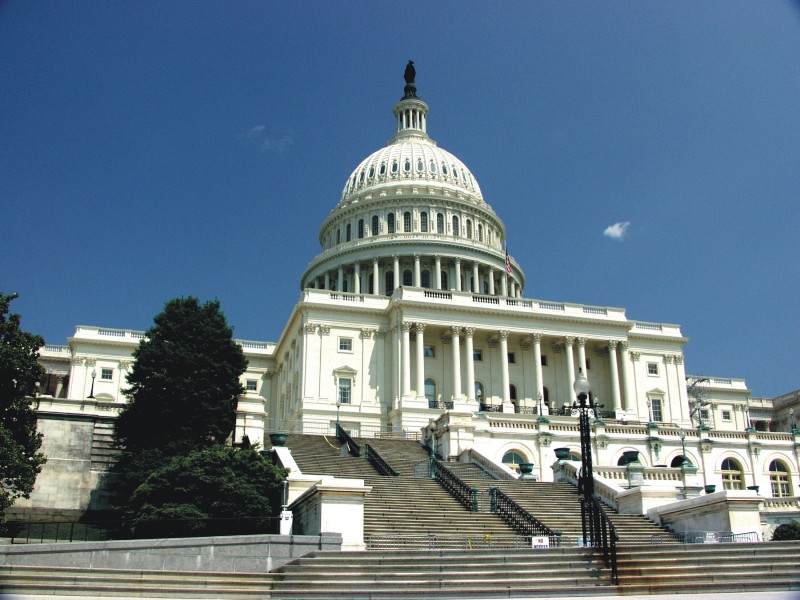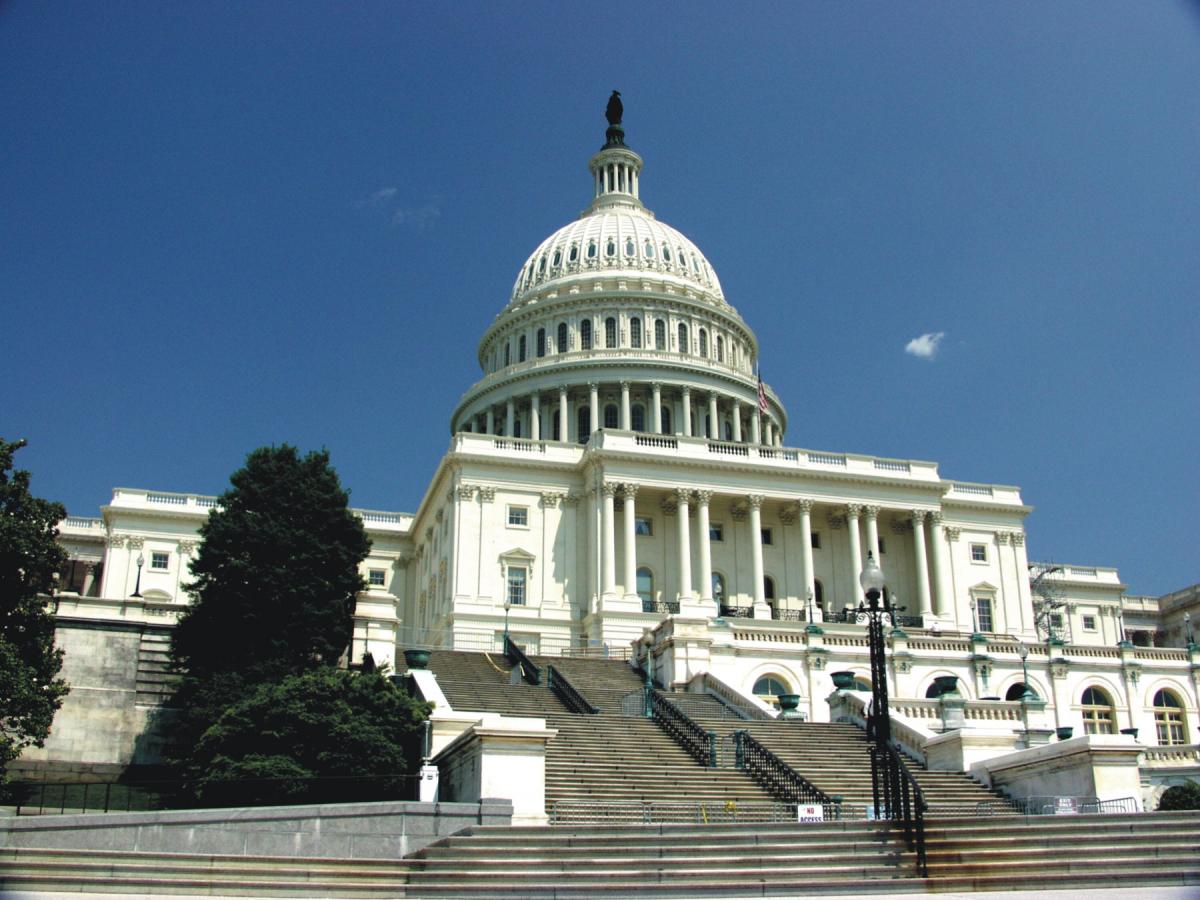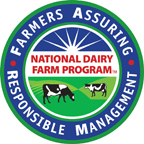 From Jerry Kozak, President and CEO, NMPF:
From Jerry Kozak, President and CEO, NMPF:
“The farm bill passed today by the House of Representatives is seriously flawed, in that it contains the Goodlatte-Scott dairy amendment, as well as a repeal of permanent agricultural law. Neither of these measures serves the best long-term interests of dairy farmers. The Senate, by contrast, overwhelmingly passed the complete Dairy Security Act, which the National Milk Producers Federation and nearly all dairy farmers enthusiastically supported.
“Nevertheless, today’s action means that there is still hope that a new farm bill can be passed in 2013. Without any progress toward a Senate-House conference committee, we were looking at yet another one-year extension of current programs, which is unacceptable. Today’s vote means that agricultural leaders now can work on improving the House bill and developing better dairy policy than what exists now, and what is contained in this House bill.
“The bill today is not the end of the process, but rather a means to a better end that we will continue working with lawmakers to achieve. NMPF appreciates all the efforts put forth by Chairman Frank Lucas (R-OK) and Ranking Member Collin Peterson (D-MN) to try to move a 5-year farm bill through the House of Representatives by bipartisan means last month. We are committed to working with these two champions for agriculture through the conference process in the coming weeks. We urge the conference committee to include the Dairy Security Act.”
The National Milk Producers Federation, based in Arlington, VA, develops and carries out policies that advance the well-being of dairy producers and the cooperatives they own. The members of NMPF’s 30 cooperatives produce the majority of the U.S. milk supply, making NMPF the voice of more than 32,000 dairy producers on Capitol Hill and with government agencies. Visit www.nmpf.org for more information.

 Immigration continues to dominate the dialogue on Capitol Hill, with significant action occurring in both the House and Senate over the past few weeks. On June 26th, the full Senate voted 68-32 to approve, S. 744, the Border Security, Economic Opportunity, and Immigration Modernization Act. This comprehensive immigration reform measure included the agreement reached between the
Immigration continues to dominate the dialogue on Capitol Hill, with significant action occurring in both the House and Senate over the past few weeks. On June 26th, the full Senate voted 68-32 to approve, S. 744, the Border Security, Economic Opportunity, and Immigration Modernization Act. This comprehensive immigration reform measure included the agreement reached between the  The startling House defeat of the 2013 farm bill has further complicated an already murky process of trying, for the second time in 12 months, to pass a new farm bill on Capitol Hill. Leaders in the House are contemplating a new plan this week – involving separating farm programs from the nutrition ones – following the stunning rejection of the farm bill June 20th.
The startling House defeat of the 2013 farm bill has further complicated an already murky process of trying, for the second time in 12 months, to pass a new farm bill on Capitol Hill. Leaders in the House are contemplating a new plan this week – involving separating farm programs from the nutrition ones – following the stunning rejection of the farm bill June 20th.




